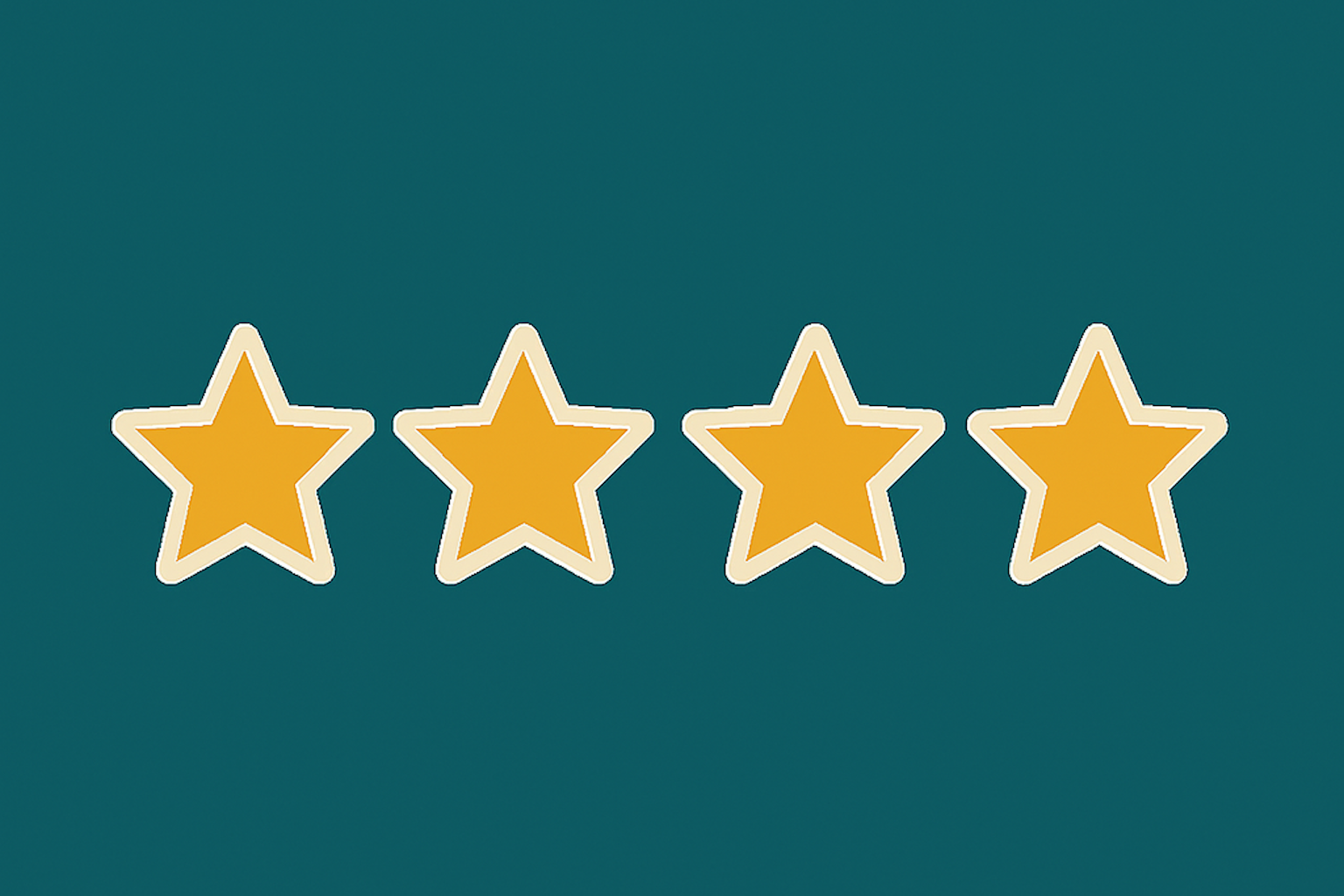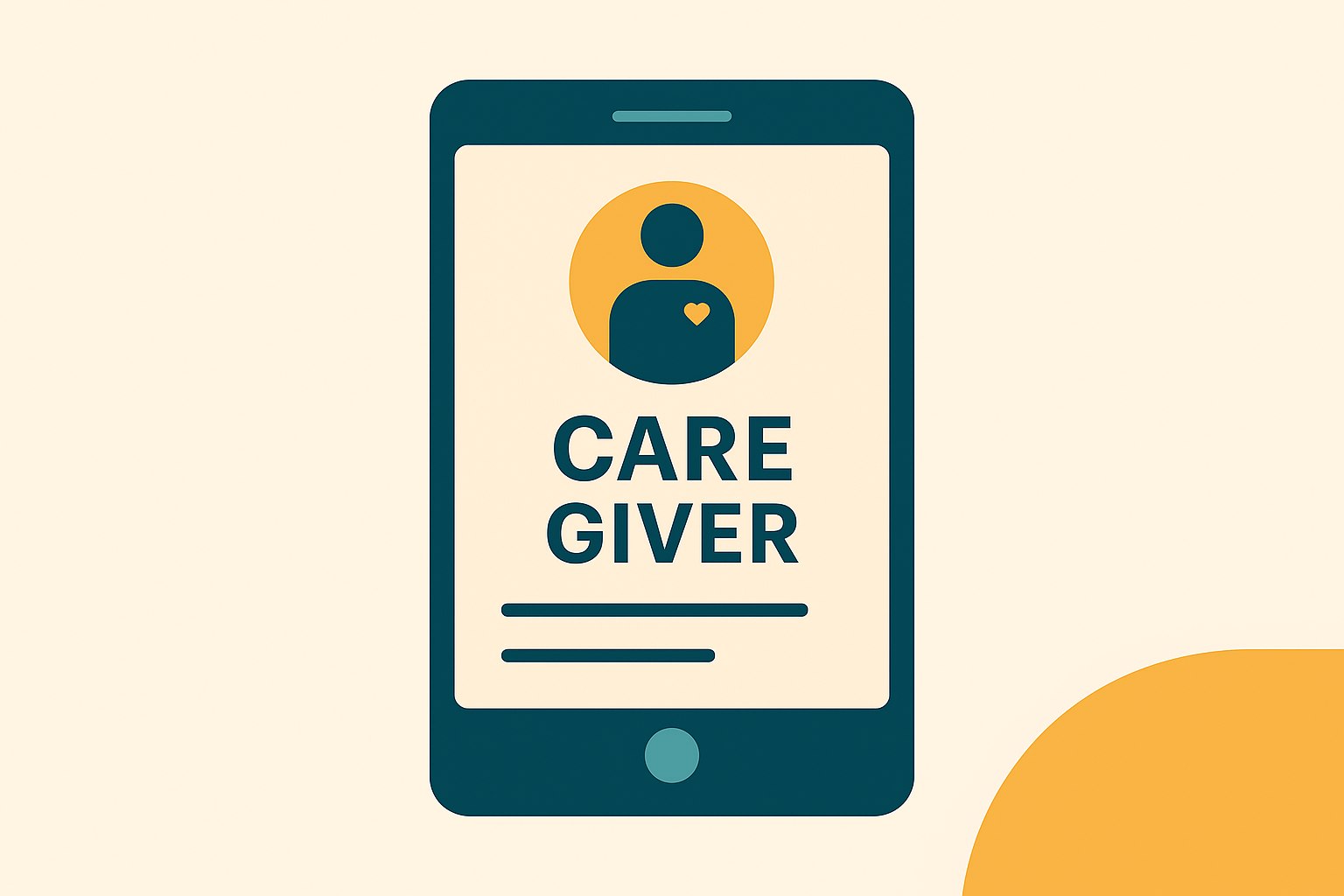Your Google Reviews Strategy Is Costing You Move-Ins
For senior living communities, Google Reviews aren’t just a nice-to-have. They’re often the first impression your brand makes. Before a family ever...
2 min read
Mike Theodore Apr 3, 2025 6:29:20 PM
If you work in senior care and rely on Medicare or Medicaid reimbursement, the Anti-Kickback Statute (AKS) isn’t just legal fine print. It’s federal law with real consequences.
Yet in many agencies, there’s still confusion about what’s actually allowed. Can you give gift cards to referral partners? Host a lunch-and-learn with a local discharge planner? Offer a ride to a prospective client?
Let’s break down what the AKS covers — and how to market responsibly without putting your license (or reputation) at risk.
The AKS is a federal law that prohibits offering, paying, soliciting, or receiving anything of value to induce or reward referrals for services reimbursable by federal healthcare programs like Medicare and Medicaid.
Violating the AKS can lead to:
And it doesn’t matter if the intent was innocent or the dollar amount small. If it appears to influence referrals, it may be considered illegal.
"The statute is intent-based, meaning even perceived intent to induce a referral can trigger enforcement." — Office of Inspector General (OIG)
1. Referral Fees to Healthcare Professionals
Not allowed. You cannot pay a physician, social worker, or discharge planner for referring patients to your agency.
Safe alternative: Build genuine, educational relationships. Provide value through data, outcome reporting, or in-services.
2. Free Services or Gifts to Referral Sources
Usually not allowed. Even small gifts (coffee, lunch, gift cards) can be problematic if given routinely or with an expectation of referrals.
Safe alternative: If you host educational events, ensure they’re open to all and not linked to referral volume. Avoid personal gifts.
3. Free Items or Discounts to Patients
Heavily restricted. Giving potential patients free transportation, meals, or discounts can be interpreted as inducement.
Safe alternative: If offering non-monetary support (like a welcome folder or caregiver guide), keep value under $15 per item and $75 annually per patient, per OIG guidelines.
4. Educational Marketing Materials
Allowed. You can provide brochures, guides, handouts, and website content that educate patients and partners about your services — as long as they're factual, not promotional in tone, and not tied to any reward.
Remember: even if your marketing is AKS-compliant, it also needs to respect patient privacy. Don’t share testimonials, photos, or case stories without written authorization.
For dual compliance: build marketing that is both AKS-safe and HIPAA-secure.
A one-time catered lunch for a case management team may fall into a gray area if it’s educational and not tied to referrals. But repeated meals, logo pens, or gift bags? Those can get flagged quickly.
Rule of thumb: If it feels like a reward, it’s probably not compliant.
We believe you can grow and stay compliant. At RaisedCare, we help senior care providers create ethical marketing strategies that build trust, not risk. You don’t need giveaways or bonuses to grow. You need clarity, storytelling, and systems that respect both the law and the people you serve.
Because the right kind of marketing never has to feel like a bribe.

For senior living communities, Google Reviews aren’t just a nice-to-have. They’re often the first impression your brand makes. Before a family ever...

The next generation of families researching senior care isn’t starting with brochures — they’re starting with Google, Instagram, and conversations in...

Caregiver recruitment is one of the biggest roadblocks to growth in home care and senior living — and many providers are turning to Facebook ads to...